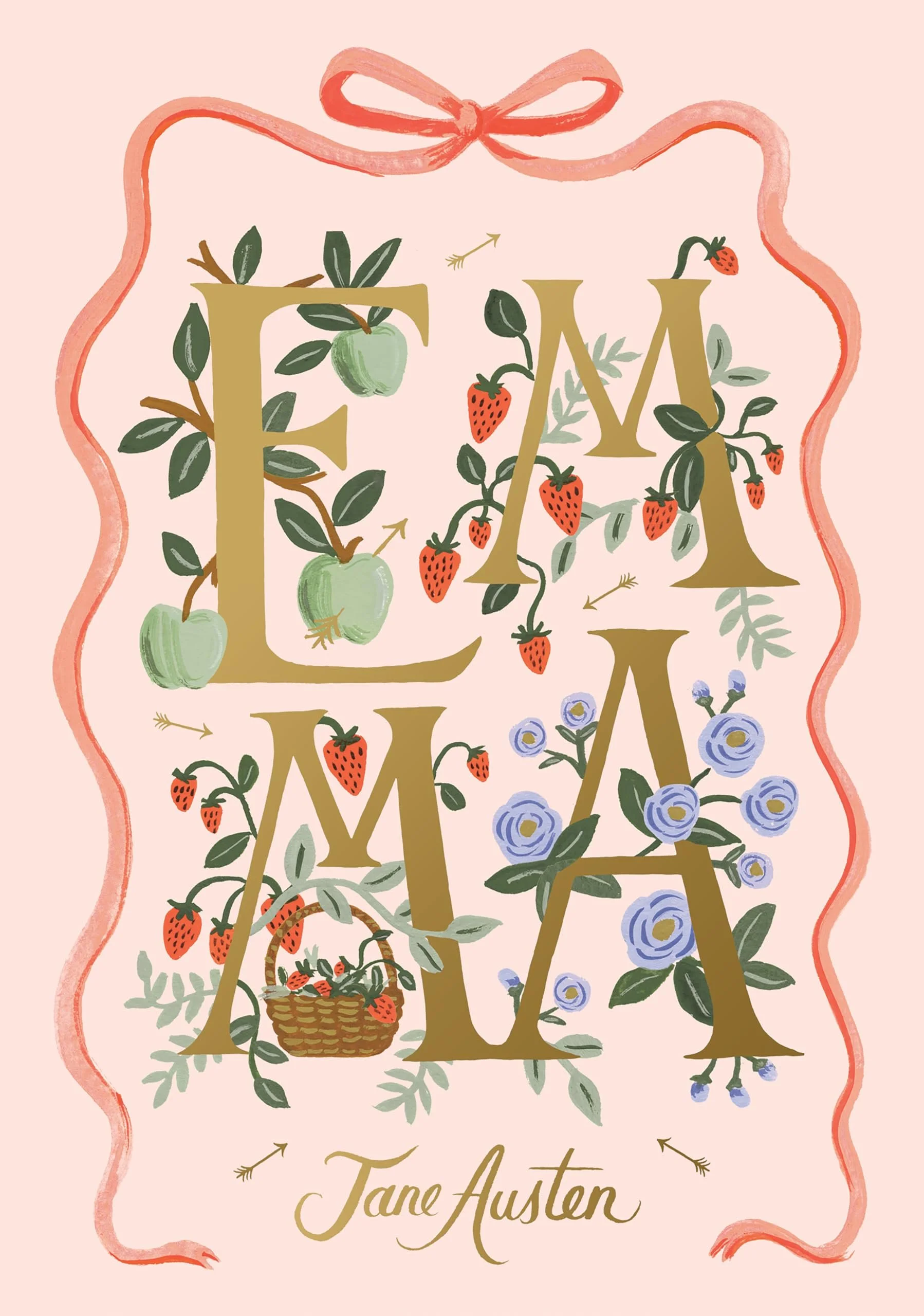Letter-writing in Emma revisited
/Back in July I shared some observations on the moral significance of letter-writing in the early chapters of Emma. In short: the way characters communicate in writing and interpret others’ writing reveals significant aspects of their virtue—or the lack thereof. I’ve been thinking about that ever since, and as my wife and I near the end of the book I find that Austen, great writer that she is, has bookended the story with a few more letters and reflections on language.
After the revelation that the dandyish Frank Churchill and the shy, tortured Jane Fairfax have been secretly engaged the entire time, Frank writes a letter to explain himself. Notably, he writes to his stepmother, who is the most unreasonably receptive audience possible, and not to the father he spent years ignoring or neglecting or the girls he led on in order to conceal the engagement. As for the letter itself, it is unusually long* (Austen specifically notes how thick the envelope is), and, like Frank himself, smooth, plausible, self-congratulatory, and deftly spun to exonerate himself.
It works—at least temporarily. Mrs Weston, the recipient of Frank’s letter, is satisfied by his explanations, and Emma herself finds most of his excuses convincing. It’s Mr Knightley who sees through it, and offers an entertaining commentary during his reading. He can find only one point of agreement with Frank:
He has had great faults, faults of inconsideration and thoughtlessness; and I am very much of his opinion in thinking him likely to be happier than he deserves: but still as he is, beyond a doubt, really attached to Miss Fairfax, and will soon, it may be hoped, have the advantage of being constantly with her, I am very ready to believe his character will improve, and acquire from hers the steadiness and delicacy of principle that it wants. And now, let me talk to you of something else.
This is the transition to Mr Knightley’s proposal to Emma, an occasion Austen uses to contrast the character of these two men as seen through the character of their communication. Austen summarizes his speech thus:
The subject followed; it was in plain, unaffected, gentlemanlike English, such as Mr. Knightley used even to the woman he was in love with, how to be able to ask her to marry him, without attacking the happiness of her father. Emma’s answer was ready at the first word.
And rightly so. Where Frank is evasive, Mr Knightley is direct. Where Frank’s letter reveals self-absorption, Mr Knightley’s proposal shows consideration—both for the woman he hopes to marry and her needy, hypochondriac father. But note as well the way he speaks: “plain, unaffected, gentlemanlike English.” This description is a chiastic echo of Mr Martin’s letter to Harriet near the beginning, which Austen describes with the same three laudable qualities:
[A]s a composition it would not have disgraced a gentleman; the language, though plain, was strong and unaffected, and the sentiments it conveyed very much to the credit of the writer. It was short, but expressed good sense, warm attachment, liberality, propriety, even delicacy of feeling.
That Austen bookends her story with these reflections on virtue and communication is significant, I think, and brilliantly done. There’s a reason we go back to her work.
As I noted in that original post, one’s writing may not be an infallible guide to the content of one’s character, especially if we get stuck on the nuts and bolts: grammar and spelling, both of which are poorly taught now. But what one writes—and how, stylistically—are revealing. Something worth considering in an age of casual, instantaneous, unceasing, and almost universally unvirtuous communication.
*Years ago I read through and transcribed boxes full of mid-19th century letters for the antique auction where I worked. I still remember noting that most of them were confined to a single sheet, perhaps but not always filled on both sides.










